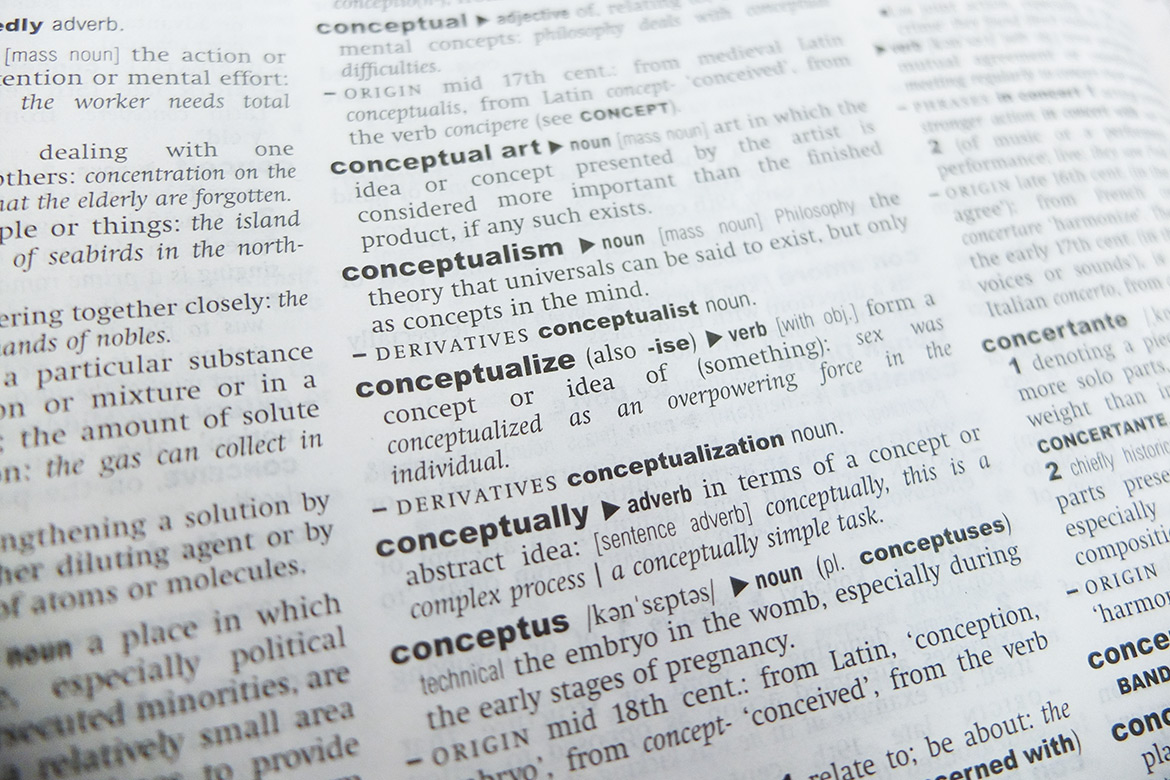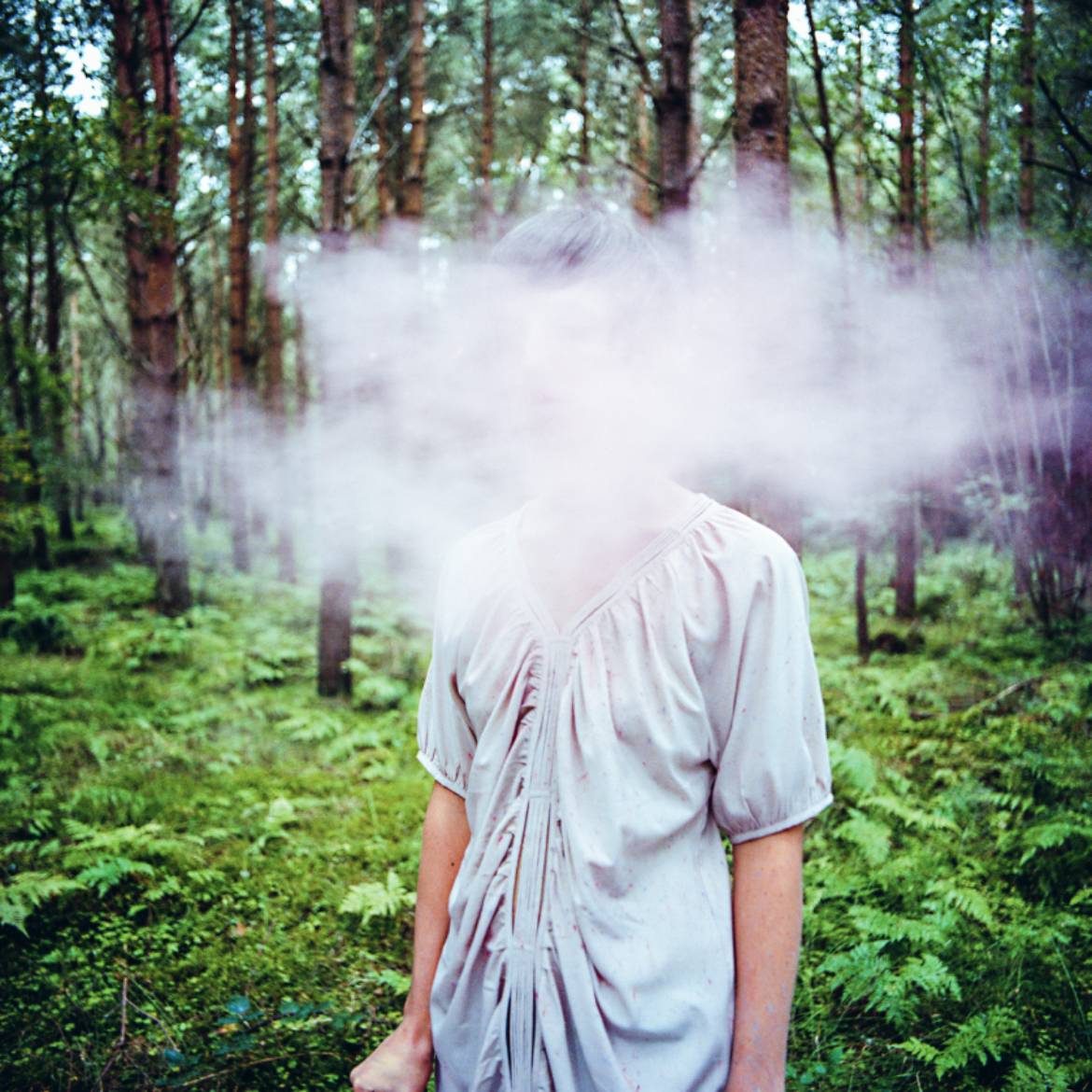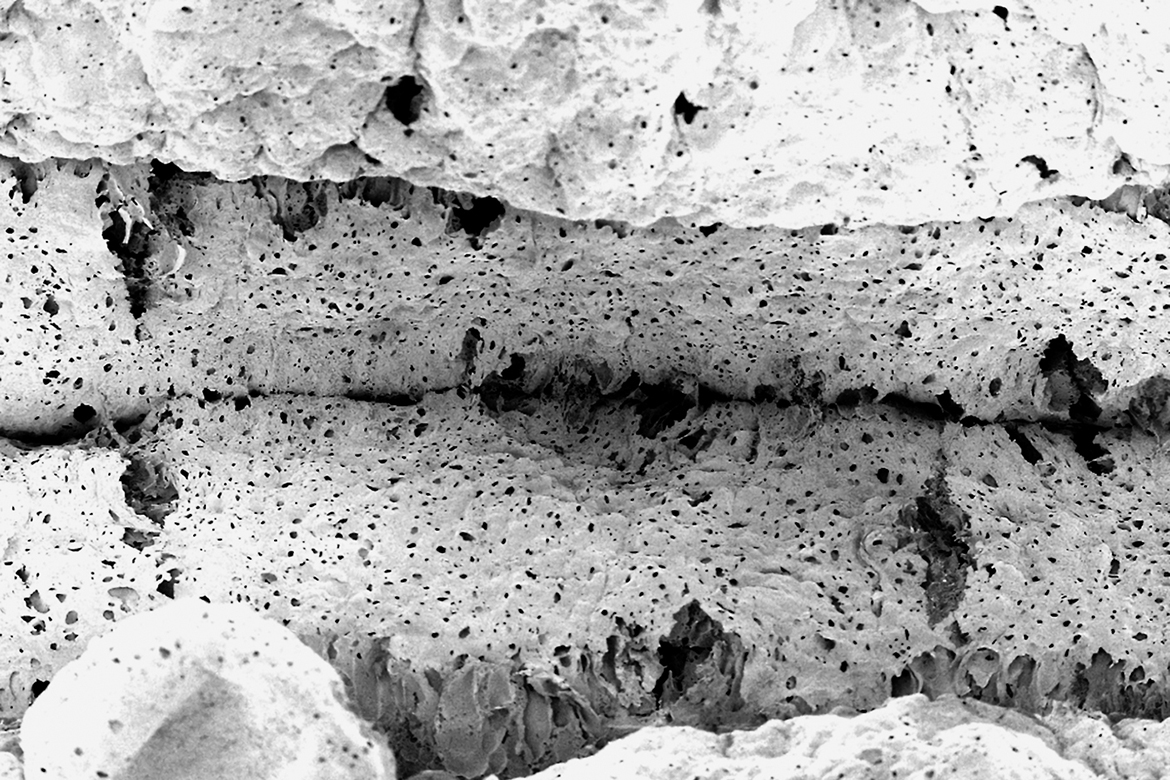Concepts
Drugs
Switzerland is a leader in clinical trials on psychoactive substances such as psilocybin, ecstasy and LSD. Is it time to rethink banned substances?

Photo: Florian Fisch
Upon hearing the word ‘drugs’, anyone who lived through the 1990s in Switzerland will automatically think of the scene around the Platzspitz in Zurich – the so-called ‘Needle Park’ – where many died of heroin overdoses. The World Health Organization actually describes ‘drugs’ quite straightforwardly as any “chemical substance that can alter or modify the functions of a living organism and that is not a foodstuff”. But in everyday life, we usually mean those substances “that result in a state of intoxication”, to quote the definition of the German Parliament. The term is often even more narrowly focussed on substances that are illegal (alcohol and nicotine are naturally excepted).
The forbidden psychoactive substances include psilocybin, MDMA (ecstasy) and LSD. Two years ago, the Swiss medical journal ‘Schweizerische Ärztezeitung’ wrote that some 60 clinical trials were actually being conducted with these drugs across the world in an endeavour to treat depression and post-traumatic stress disorder, for example. Switzerland has been playing an important role in this, not least on account of its pragmatic policies towards drugs. Research has been ongoing into banned substances since 2007, and limited medical applications have been allowed since 2014. Perhaps it’s time to bin the loaded term ‘drug’ at last.




